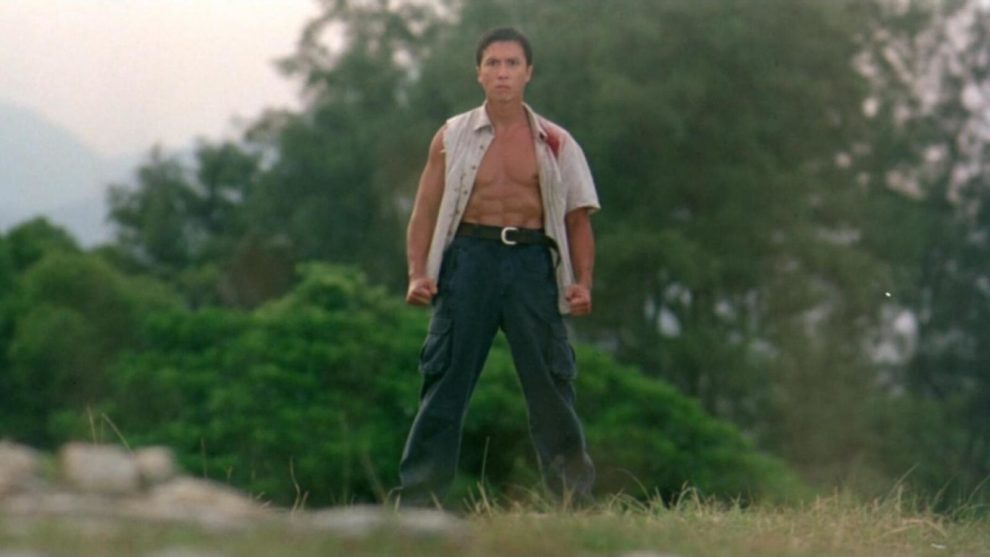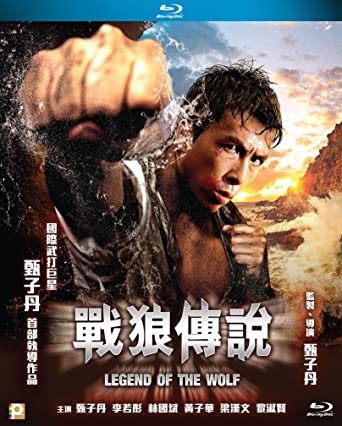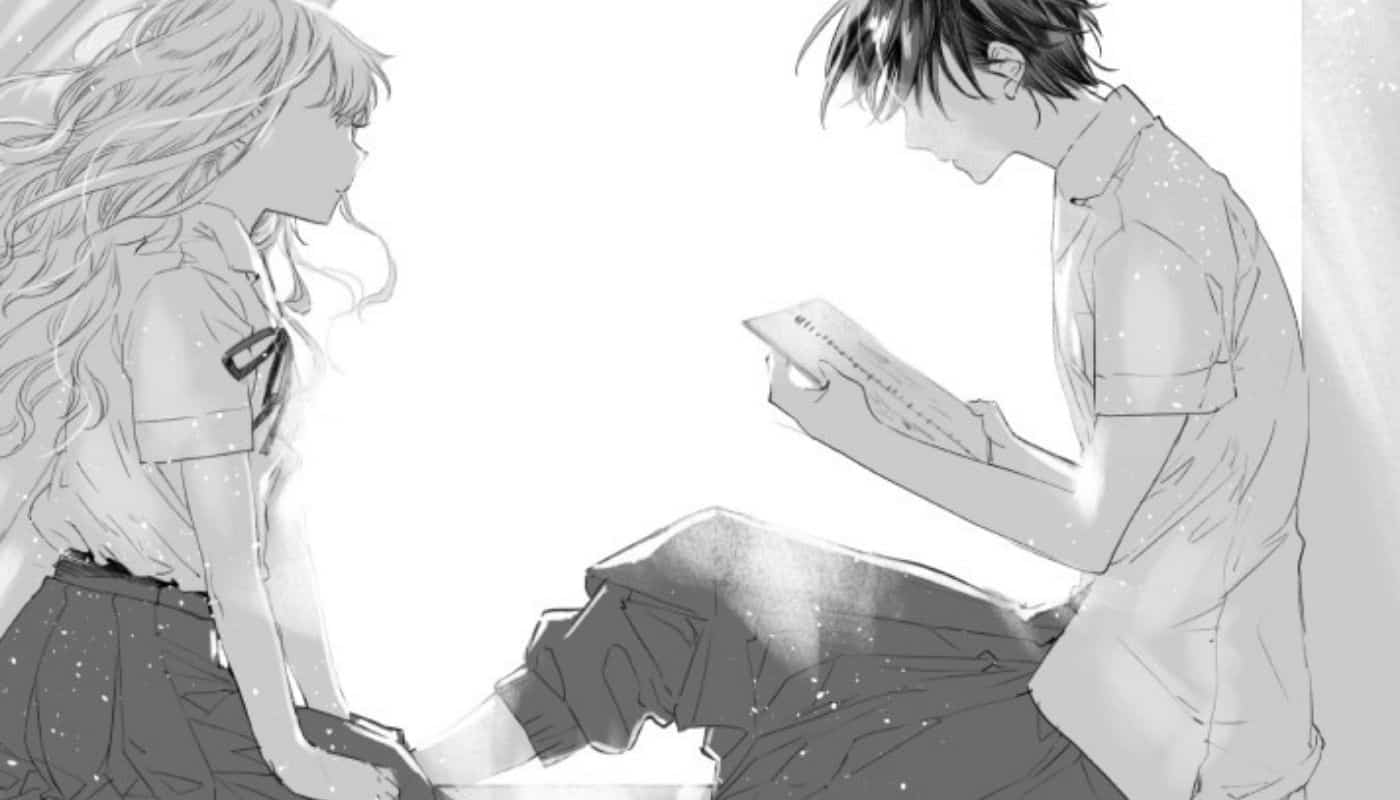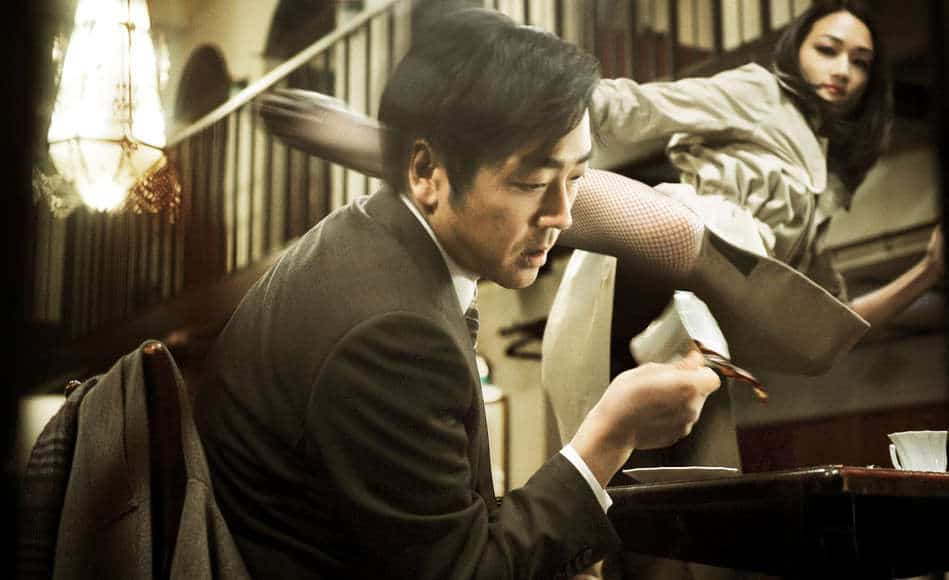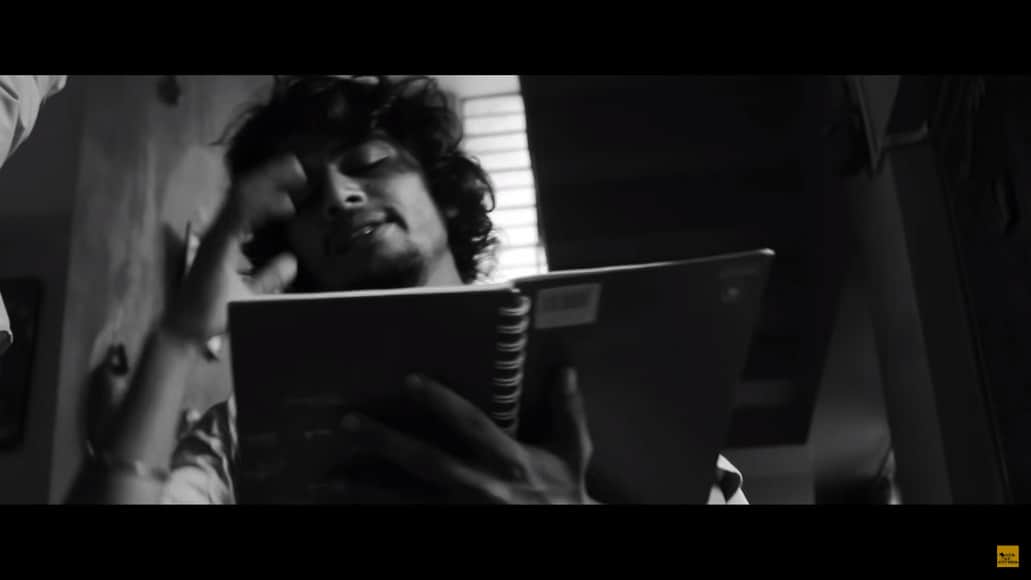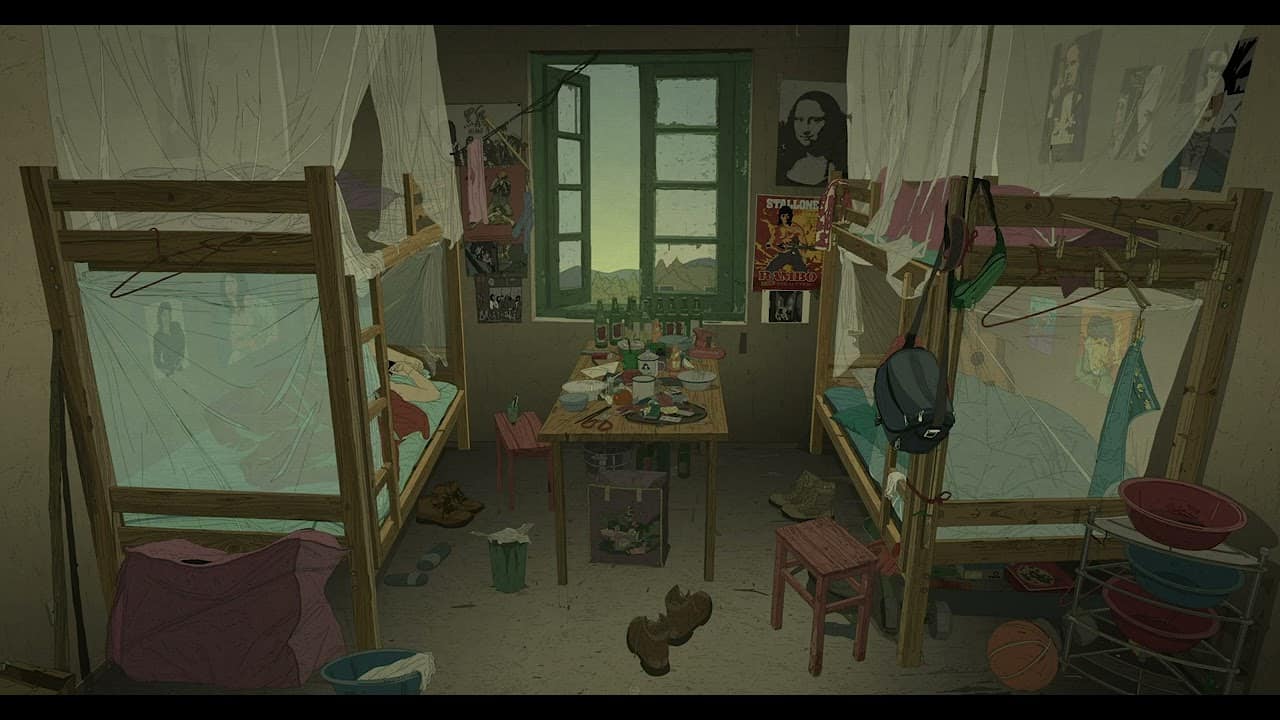By 1997, Donnie Yen, who had already acted as action director in a number of productions including “Tiger Cage” and “Wing Chun”, felt comfortable enough to sit in the chair of the main director, much like Yuen Woo-ping had done years ago. And to ensure that “Legend of the Wolf is his film, he also starred, co-wrote, produced and was still the action director. The result, somewhat expectedly, was not exactly great.
Buy This Title
The story takes place in two periods, one in the present and one in the past, with the latter being the most significant, to the point that the first one seems somewhat unnecessary. Nevertheless, in the present, Ben, a young man, goes to meet the legendary and undefeated fighter nicknamed the Wolf, in order to ask him to do something from him. Wai, the Wolf's right hand man and only friend, accompanies him. As he makes his request, both the now elderly fighter and Wei narrate for him their past story, much like a parable.
In that axis, which takes place in a post-WWII era, young Fung, who has lost his memory, roams around the country searching for a temple, despite the fact that he does not remember the reason. He stumbles upon a small village, and Wai, a mischievous young local, who eventually leads him to the temple, where Fung is reunited with his lost love, Yee. Unfortunately, a notorious gang is also active in the area, and Fung finds himself having to clash a number of times with them, while his memory eventually resurfaces.
The writing of the film, as is usually the case in HK martial arts films, is simply here to provide a background to the action. However, Donnie Yen tried to actually invest in the story, but the result was as clichéd as it could be. As previously mentioned, the present arc does not have much reason to be in the movie, apart from providing a beginning and a finale. Furthermore, the dramatic/romantic aspect is badly presented, occasionally bordering on the melodrama, particularly through the extensive use of corny music. Perhaps the only interesting aspects in that regard are that Donnie Yen appears in a rare erotic scene (almost no nudity though) and the revealing of his true identity, which comes up a bit late, however, to have a true impact. Carman Lee has a rather unremarkable role as Yee, which does not give her enough space to actually present her character, who is soon relegated to a scream queen kind of part.
There is also a comedy aspect, mostly presented by Wong Chi-wah, who plays Wai in a style that tries to imitate Jackie Chan, although not with the same success at all. Still, this part works better than the previous one, and Wong's performance is quite good.
On the other hand, the action part is great, highlighting Donnie Yen's abilities as both an action director and a performer. The battles with the scores of enemies are impressive, particularly the one by the river and the one in the village, but the true quality in the movie comes from the three one-on-ones. In the first, Fung faces a man who uses a chain as his weapon (Cub Chien) inside a stable-like building, in the second, a man who uses the tiger and monkey kung fu techniques (Wai Cheung Mak) in the forest, and in the third, the actual leader of the bandits, by the beach. All three fights are intricate, incredibly fast, and quite brutal, with this aspect finding its apogee in the finale of the last one, where Ben Lam gives a truly sinister performance.
This aspect also highlights Wong Ka-fai's excellent cinematography, who has captured all three setting with artfulness, and Chan Kan-sing's editing, which induces the action with an uncanny speed.
“Legend of the Wolf” has a number of issues, in terms of both writing and direction, but the action part compensates largely, in essence emerging as the only reason to watch the film, particularly if you do not enjoy seeing Yen's biceps so often.


